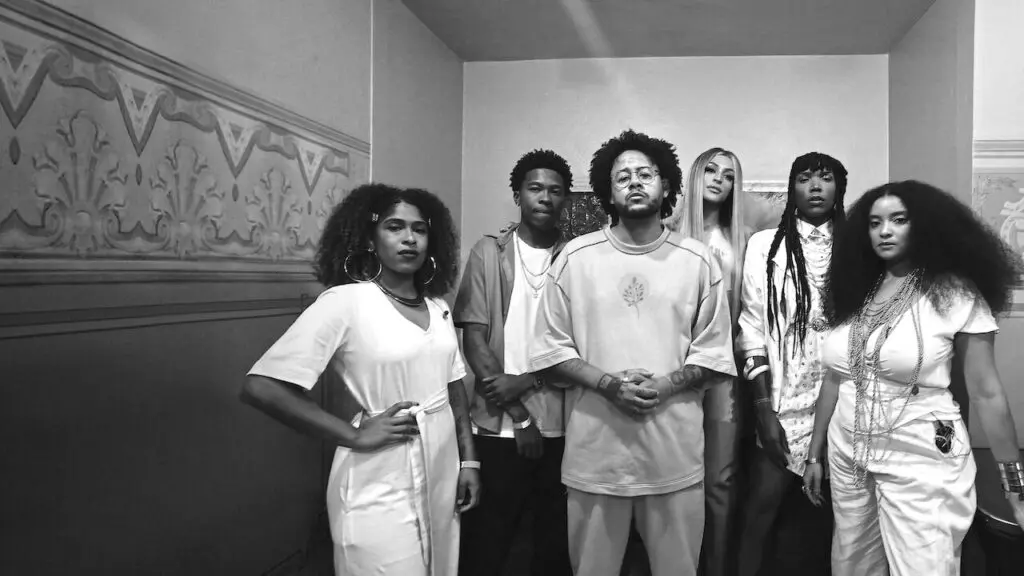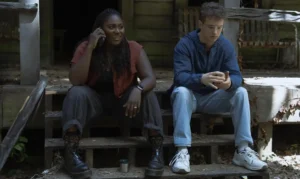Summary
Not just a musical profile but also an exploration and celebration of Black Brazilian history and culture, Emicida: AmarElo — It’s All for Yesterday is the real deal.
I must confess that I know next to nothing about Brazilian rapper, singer-songwriter, and activist Emicida, which I suppose is good news for Emicida: AmarElo — It’s All for Yesterday, an awkwardly-titled new Netflix film about not just the artist and his music but a wide-ranging litany of subjects pertaining to the Black Brazilian experience and culture. My lack of knowledge was by no means a barrier to my enjoyment, so it’s a vibrant 90 minutes for the casual viewer, and will likely be extremely well-suited to Emicida’s expansive loyal fanbase.
As a matter of fact, the documentary film might be of more use to a white Westerner like me than anyone else, at least from an educational standpoint. Director Fred Ouro Preto combines concert footage from Emicida’s 2019 show at São Paulo’s Theatro Municipal with insight into the creative process and cultural education on fast-forward, segmenting the history of Black Brazilians over the last century or so and splicing the portions with relevant commentary from public figures, footage of recording sessions and the concert performance, and animation.
Brazil’s history with slavery is long, complex, and shocking — a significant percentage of African enslaved people ended up there, and slavery was the heart of the Brazilian economy for three and a half centuries. The struggle for emancipation and the fight to preserve Black Brazilian culture in the aftermath of it are not entirely dissimilar from the more commonly understood — or at least more commonly depicted — civil struggles of Black Americans, giving the thematic thrust of Emicida: AmarElo — It’s All for Yesterday a universal appeal.
But it’s also an account of creativity and the creative process, and an examination of an earnestly progressive artist. But Emicida’s progressivism is intimately tied to the history and culture of Brazil; even a brief note about the current Covid-19 pandemic is framed less in terms of how it impacts Emicida’s business and performances than how it impacts his fellow Brazilians, most of whom are more deeply affected thanks to poverty. A far cry from many cynical and try-hard attempts for beloved celebrities to prop themselves up by pretending to champion a cause, Emicida: AmarElo — It’s All for Yesterday is the real deal.




